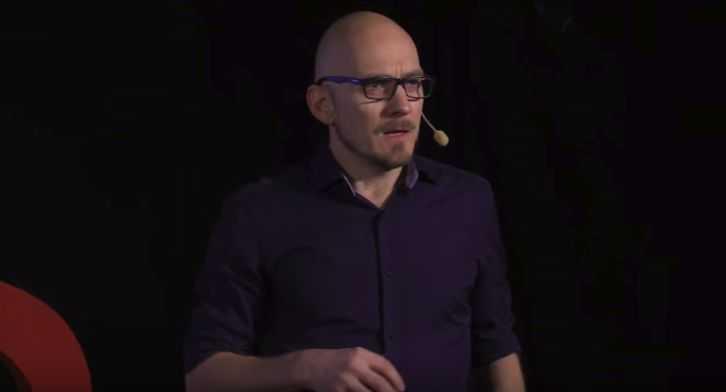“A lot of what we call self-knowledge is actually self-interpretation. So I see myself make a choice, and then when I’m asked why, I just try to make as much sense of it as possible when I make an explanation. But we do this so quickly and with such ease that we think we actually know the answer.”
PETTER JOHANSSON
144
395 reads
CURATED FROM
IDEAS CURATED BY
The idea is part of this collection:
Learn more about personaldevelopment with this collection
How to practice self-compassion
How to identify and challenge negative self-talk
How to build self-confidence
Related collections
Similar ideas
Self-knowledge as self-interpretation
We see ourselves making a choice, & when asked why, we just try to make as much sense of it as possible when making an explanation. But we do this so quickly and with such ease that we think we actually know the answer when we answer why.
It can make
Let’s understand with an example
It is essential to my understanding of the kind of person that I believe myself to be, that I am punctual. I also have decided that I am the kind of person who does not miss deadlines.
And so it follows, that me seeing myself as a developer and a writer is also val...
Labeling.
 Labeling. You label yourself or others so you see your entire self (or someone else) as totally defective or superior. For example, when you make a mistake, you call yourself a “loser” instead of saying, “I made a mistake.”
Labeling. You label yourself or others so you see your entire self (or someone else) as totally defective or superior. For example, when you make a mistake, you call yourself a “loser” instead of saying, “I made a mistake.”
Read & Learn
20x Faster
without
deepstash
with
deepstash
with
deepstash
Personalized microlearning
—
100+ Learning Journeys
—
Access to 200,000+ ideas
—
Access to the mobile app
—
Unlimited idea saving
—
—
Unlimited history
—
—
Unlimited listening to ideas
—
—
Downloading & offline access
—
—
Supercharge your mind with one idea per day
Enter your email and spend 1 minute every day to learn something new.
I agree to receive email updates


